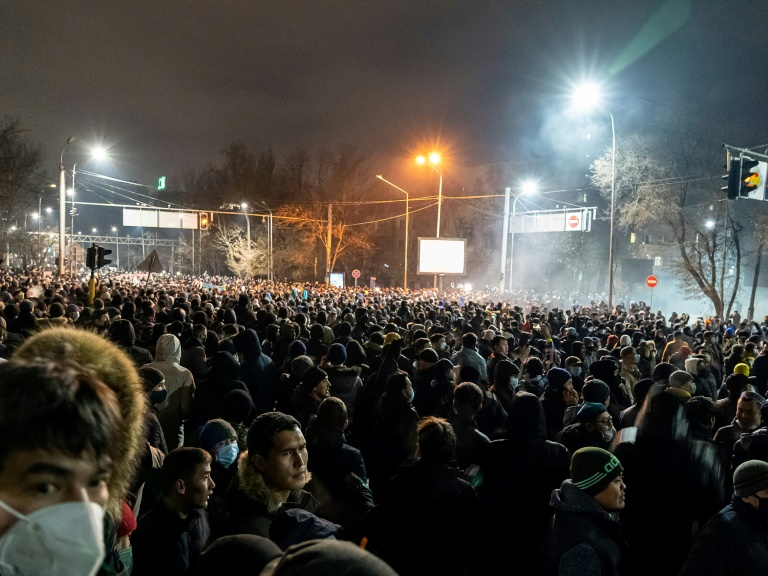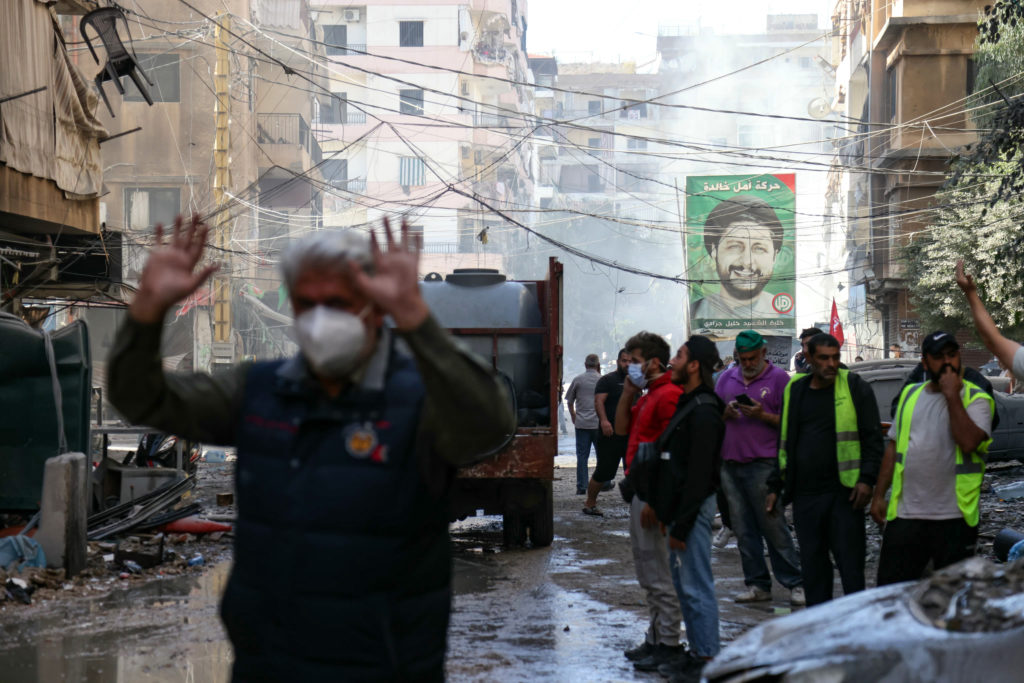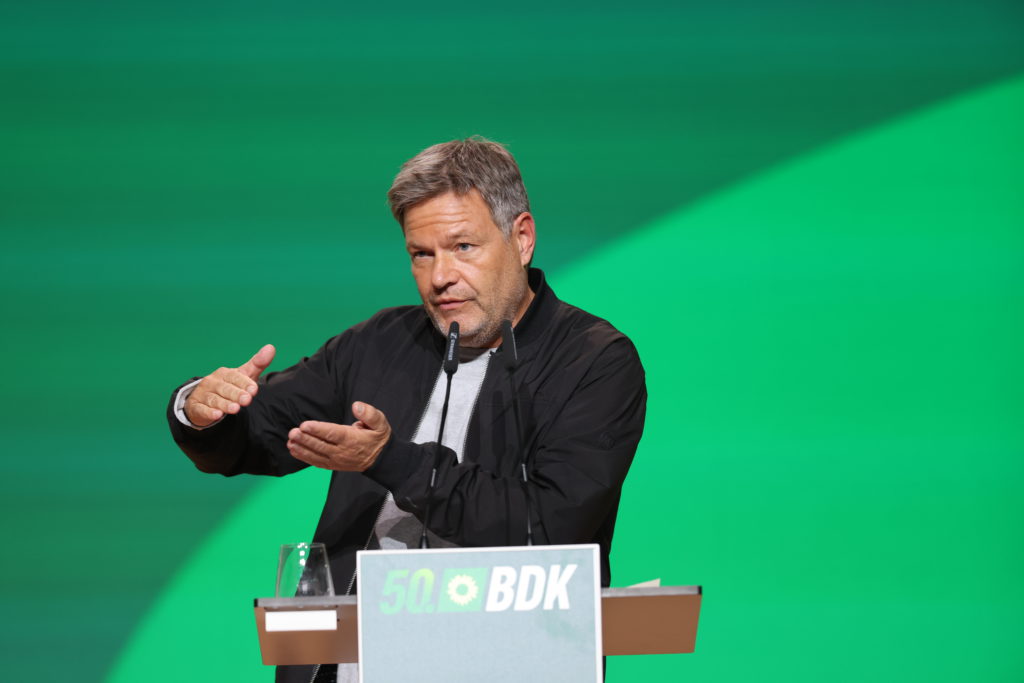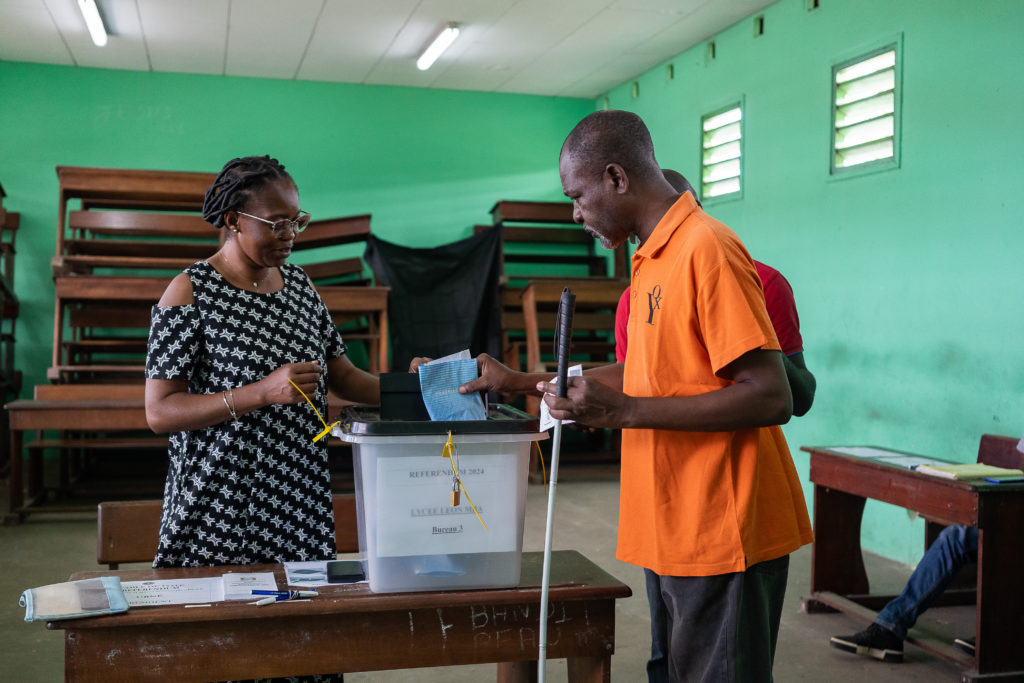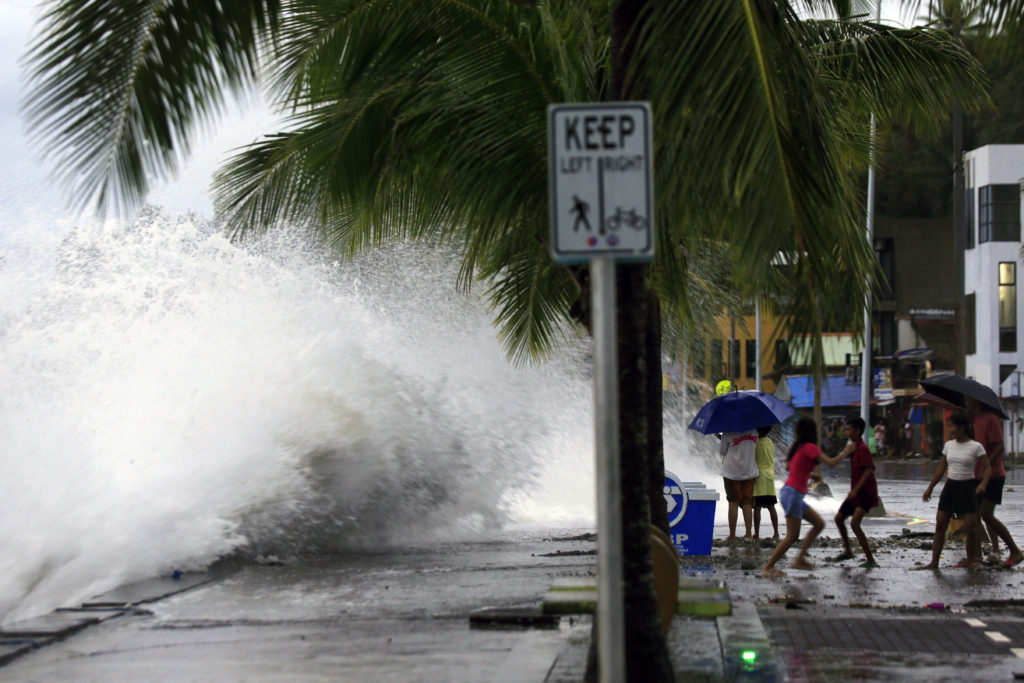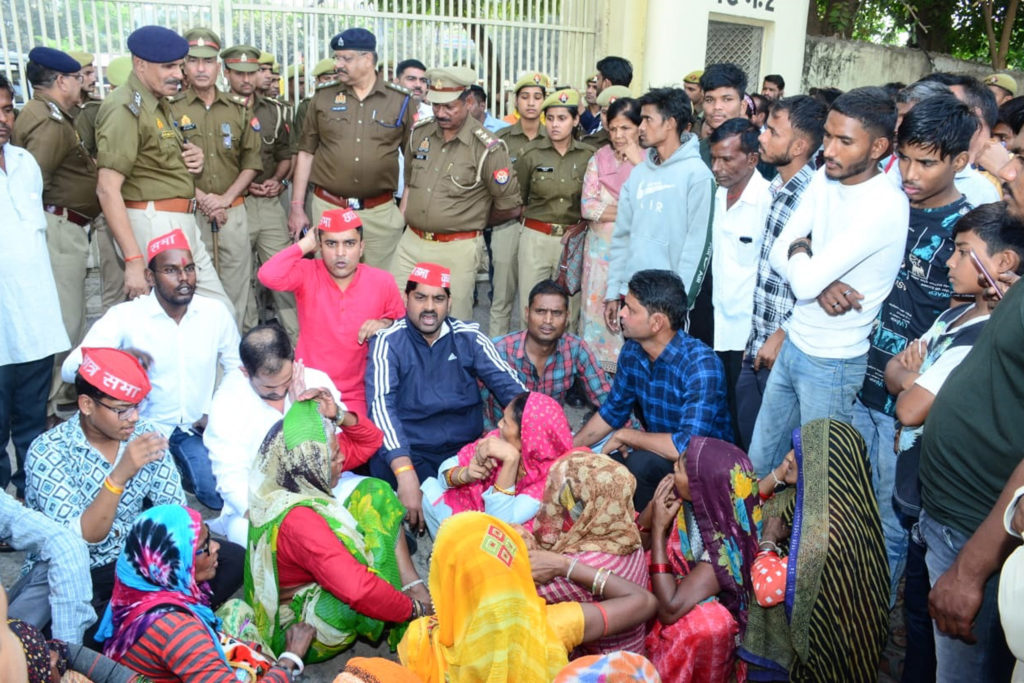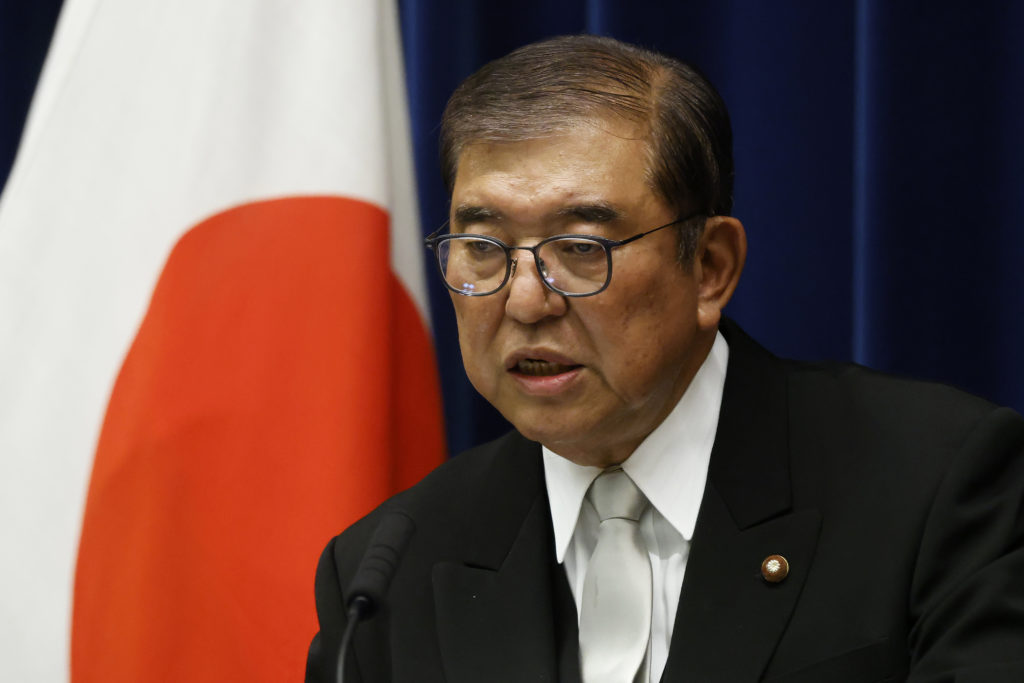Kazakhstan’s president sacked the Central Asian country’s cabinet Wednesday in a bid to head off unprecedented unrest across the nation that followed an energy price hike.
President Kassym Jomart Tokayev imposed states of emergency in the largest city Almaty, the financial capital, and the western province of Mangystau Wednesday after protests saw thousands take to the streets and demand the government’s resignation.
A separate order published on the presidential website Wednesday morning said Tokayev had accepted the resignation of the cabinet headed by Prime Minister Askar Mamin.
Deputy prime minister Alikhan Smailov will perform the PM’s role on an acting basis until a new cabinet was formed, the order stated.
The southeastern city of Almaty, Kazakhstan’s financial capital, was in chaos from late Tuesday as police fired tear gas and stun grenades to quell unrest that began in the west of the country over a spike in local prices for Liquified Petroleum Gas (LPG).
States of emergency in Almaty and Mangystau are effective from January 5 until January 19, the presidential website reported.
A curfew will be in place in both territories from 23:00 to 7:00 local, with restrictions on movement in and out of the cities falling under the orders.
– ‘Old man out’ –
Tokayev had hours earlier called for a return to calm in a video posted on Facebook by his press secretary Berik Uali.
“The government will not be felled, but we don’t need conflict,” Tokayev said in the address.
An AFP journalist in Almaty saw police firing stun grenades and tear gas into a disorganised crowd of over five thousand people that grew in size as protesters marched through central streets shouting anti-government slogans and sometimes attacking vehicles.
The protesters yelled “old man out” — a reference to Tokayev’s still-powerful predecessor and mentor Nursultan Nazarbayev — and “government resign” before police moved in, sparking battles with demonstrators.
In another move that appeared significant, Tokayev on Wednesday appointed a new deputy head of the national security committee to replace Samat Abish, a nephew of Nazarbayev.
Messenger apps Telegram, Signal and WhatsApp were all unavailable in the Central Asian country Wednesday, while two independent media websites that reported on the protests appeared to be blocked.
Smaller rallies had been staged in cities across the republic of 19 million people from Sunday, beginning with the town of Zhanaozen in Mangystau.
– LPG price rise outrage –
The initial cause of the unrest was a spike in prices for LPG in hydrocarbon-rich Mangystau, but a government move to lower the prices in line with protesters’ demands failed to calm them.
Reports by independent media suggested that Tokayev’s announcement of a new price of 50 tenge (11 US cents) per litre down from 120 at the beginning of the year failed to weaken the rallies in Zhanaozen and Mangystau’s capital Aktau as demonstrators aired new demands.
Footage from Aktau shared on social media Tuesday showed thousands of protesters — who had camped in the city centre overnight — encircled by police.
Most had dispersed from the city centre by Wednesday, state broadcaster Khabar.
Mangystau depends on comparatively cheap LPG as the main fuel for vehicles, and any jump in prices would have affected the price of food, which has seen steep increases since the beginning of the pandemic.
At least 14 striking oil workers were killed in 2011 in Zhanaozen as police crushed a protest over pay and working conditions, the deadliest unrest since the republic gained independence in 1991.
Tokayev took office in 2019, handpicked as a successor by Nazarbayev, a close ally of Russian President Vladimir Putin.
But Nazarbayev, who is 81 and had ruled Kazakhstan since 1989, retains control over the country as chairman of the security council and “Leader of the Nation” — a constitutional role that affords him unique policymaking privileges as well as immunity from prosecution.
Spontaneous, unsanctioned protests are illegal despite a 2020 law that passed easing some restrictions of freedom of assembly in the authoritarian state.

